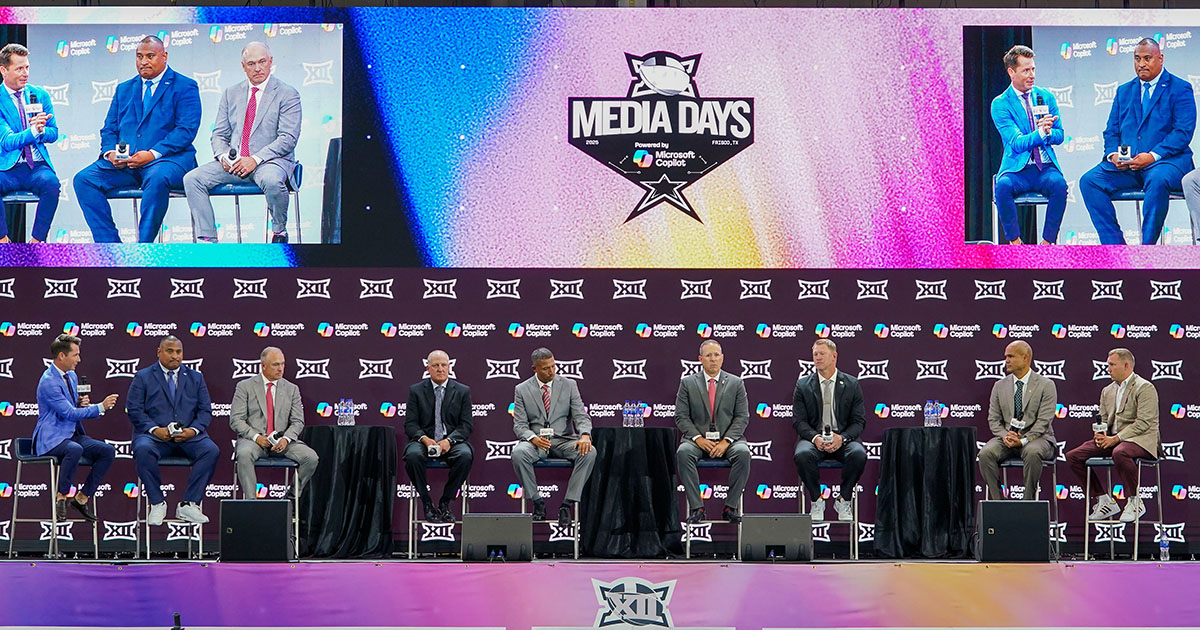
The talking season serves as the unofficial start of college football every July. At this time of year, we discuss what teams could surprise, what players are the next stars, which coaches are on the hot seat, and who can make the playoff. Those discussions are still going on but the future of college athletics is still casting a big shadow over everything.
The House v. NCAA settlement was supposed to provide more stability. These new rules created by the NCAA and college sports executives could become stronger once a sports bill is introduced to Congress later this week. The SCORE Act will help codify the House settlement and give the College Sports Commission (CSC) the power it needs to enforce NIL rules. However, there still remains a lot of doubt in the industry that this is all sustainable without making players employees.
There was plenty of talk this week at The Star in Frisco, Texas, from coaches sharing their support for making players athletes and installing a collective bargaining agreement.
“Nearly each Big 12 coach told Yahoo Sports this week that they support employment/collective bargaining,” Ross Dellenger reported on Wednesday. Long-time Oklahoma State head coach Mike Gundy opened up on the idea when he spoke with On3’s Andy Staples and Ari Wasserman at Big 12 Media Days.
Will that ever happen? College leaders are exploring the idea but it is a tricky proposition just like everything else in college athletics right now. The future is all murky and athletes have all the power. By association, that gives agents a ton of power and doesn’t create much leverage for universities. That is why you keep seeing these NIL numbers grow more and more outrageous on top of all of the eligibility lawsuits that the NCAA has had to cave on. With a collective bargaining agreement, things could get a lot easier, and the NCAA could have more rule enforcement power, but how that fits into a large scale university’s ecosystem is a bit complicated.
Getting the sports bill onto the floor to be voted on is a big step in the right direction. Having college leaders openly discuss collective bargaining is a big step in the right direction. We are seeing some progress but we should expect things to be messy until a long-term answer is found. That will not happen overnight.
Things continue to evolve and change in college athletics. A true employment model becomes more sensible with each passing day.
The post More support for making players employees, having collective bargaining popped up at Big 12 Media Days appeared first on On3.
